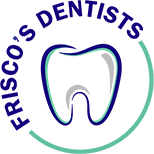Oral Bacteria Is Determined By Your Environment
If the tendency for developing cavities runs in your family, you may be tempted to say that you’ve inherited your family’s “soft enamel” (which doesn’t exist, by the way) or simply say that cavities indeed runs in your family. However, new research has found that the amount of oral bacteria you contain in your mouth, bacteria that causes both cavities and gum disease, is determined mostly by your environment, not your genes.
Researchers at the University of Colorado Boulder compared saliva samples from 27 pairs of identical twins and 18 pairs of fraternal twins over a 10-year time period. They found that the amount of bacteria found in identical twins, who have identical genes, varied as much as the amount of bacteria found in fraternal twins, who share as many genes as regular siblings. When all of the twins, identical and fraternal, lived together while growing up, they had similar quantities of bacteria in their saliva. When they moved apart, the quantities greatly differed.
Therefore, the researchers concluded that it goes back to nurture over nature in determining how much bacteria lives in your mouth. And, it’s also nurture over nature in determining your risk of developing cavities and gum disease.
No more blaming your family for your cavities and poor dental health. It’s all determined by everything we consistently talk about here and in the dental office–and even if you aren’t a patient of ours, we’re confident that your dentist has talked to you about this at least once. Your dental health is directly linked to how much bacteria resides in your mouth, because, as we’ve said before, moderate amounts of bacteria are safe; it’s when there are large amounts of bacteria, which then produce large amounts of decaying acid, that problems occur.
You can reduce the amount of bacteria living in your mouth by
- brushing your teeth twice a day,
- flossing once a day,
- getting your teeth cleaned twice a year,
- cutting back on the amount of sugary foods you eat, and
- reducing the amount of sodas you drink daily.
Doing all of these things has been proven time and time again as a sure-fire method of improving your dental health and reducing your risk for cavities and gum disease. Just because one of your parents has dental health problems or even a slight tendency for developing cavities does not mean that you will automatically fall into the same cycle. Your state of the dental union is mostly up to you.
Original research published in the October 12th online edition of the Genome Research Journal.


